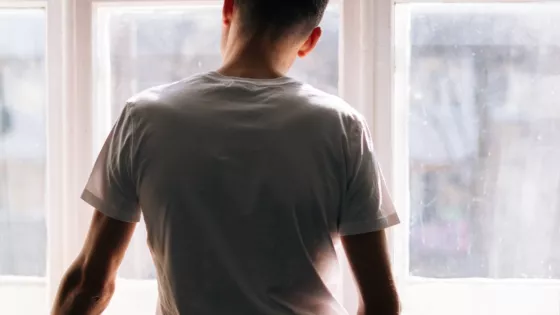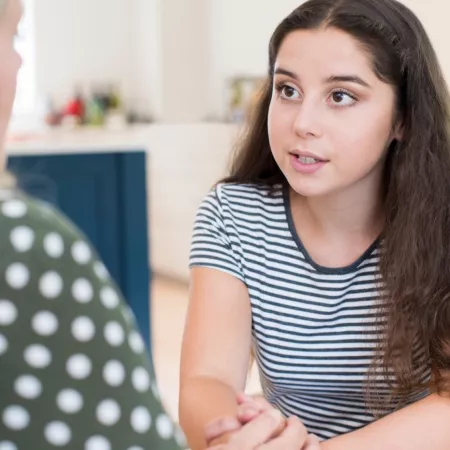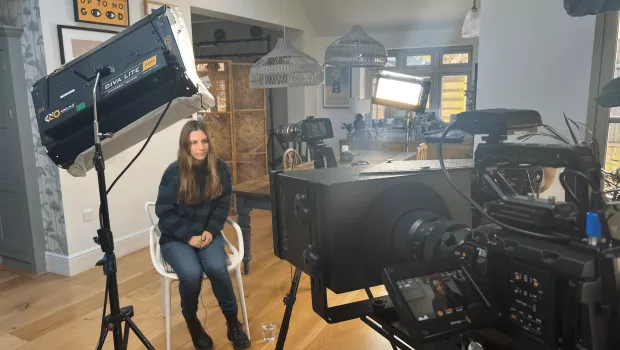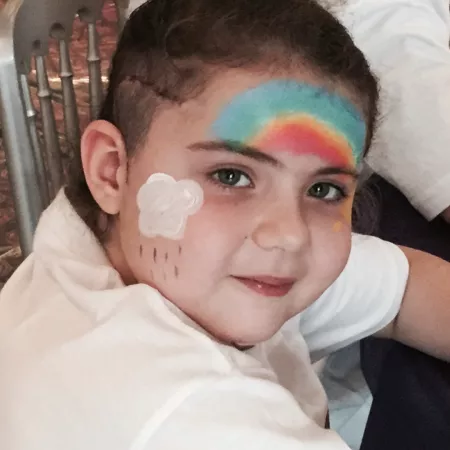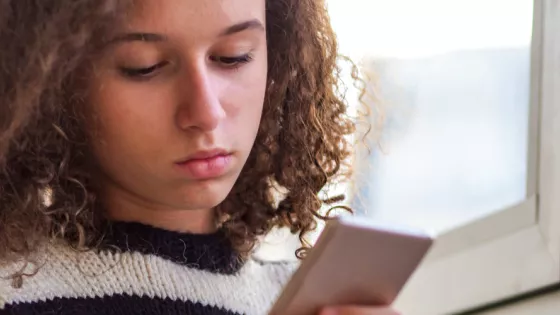Thanks to your support...
We're thrilled to announce a major advancement in children's epilepsy care in England—a direct result of Young Epilepsy's impactful advocacy efforts. NHS England has recently launched a comprehensive 'bundle of care,' establishing standards for all young people in epilepsy services.
One of the crucial areas in the new bundle of care includes recommendations to enhance young people’s access to mental health checks and support as part of their epilepsy care.
We highlighted the link between epilepsy and mental health back in 2021 with the launch of our #OnTopOfEpilepsy campaign.
Over 10,000 of you signed our petition to ensure every child living with epilepsy is offered mental health screening and support as an integral part of their paediatric epilepsy care and today we welcome a major step forward for this issue in England
The new recommendations state that children over the age of five years old with epilepsy should have their mental health screened routinely within epilepsy clinics. Young people with epilepsy who have been identified as requiring additional support with their mental health and wellbeing should be referred to an appropriate service to manage their mental health care. Providers should also aim for mental health care to be integrated within the epilepsy service.
Other key areas for improvement in the new recommendations include addressing regional variations, improving referrals to surgery and other specialist treatment, and improving transition from children's to adults' epilepsy care.
This collaborative achievement between the NHS and Young Epilepsy underscores the influential role of advocacy in shaping positive change. Mark Devlin, CEO of Young Epilepsy, co-chairs the National Children and Young People Epilepsy Oversight Group alongside NHS England, and he is delighted that young people’s experiences have helped to launch the bundle of care.
Young Epilepsy remains committed to actively working with regional NHS leaders, leveraging its advocacy efforts to support the implementation of programs targeting progress in these priority areas. This includes providing information on support services, sharing reports on young people's experiences, offering guidance on youth participation, and facilitating connections for young individuals to influence epilepsy services in their localities.
"I would like to see mental health care integrated more with epilepsy care. Many epilepsy medications, including my own, often have side effects like depression, leading to suicidal thoughts, anxiety, eating disorders, and stress - all factors that trigger seizures and make you feel worse overall."Daisy, a supporter of the campaign
Some background to the campaign...
In May 2021 we launched the #OnTopOfEpilepsy campaign to raise awareness of the links between epilepsy and mental health and call for mental health support to be integrated into children’s epilepsy care.
We surveyed over 240 young people to find out how living with epilepsy has affected their mental wellbeing. Over three quarters (77%) said it had a significant impact on their mental wellbeing, including their thoughts, feelings and how they’re able to cope with everyday life.
Less than 1 in 5 paediatric epilepsy clinics currently offer mental health screening or support. [Epilepsy12 - England and Wales]
In January 2022 we launched a petition, calling on UK healthcare leaders to make sure all children with epilepsy have access to mental health checks and support as part of their epilepsy care. Thanks to your support the petition received an amazing 10,826 signatures. On World Mental Health Day - 10 October 2022 - young people living with epilepsy wrote to healthcare leaders to share our #OnTopOfEpilepsy petition.
We’ve been working with the NHS to explore what can be done to improve support. In England, we’re working with the NHS to develop recommendations to improve access to mental health checks and support in children’s epilepsy care. We’ve met with representatives from the Scottish Government, as well as leading healthcare professionals in Northern Ireland. We’ve also offered our support to strengthen mental health services for children with epilepsy in Wales.
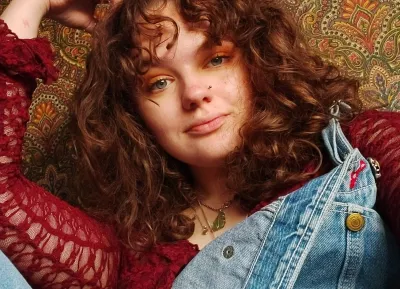
Young people’s views and experiences have been at the heart of our #OnTopOfEpilepsy campaign. We’ve shared the findings and quotes from our mental wellbeing survey with key decision-makers and supported young people with epilepsy to help influence epilepsy services at a national and regional level. In England, for example, we’ve supported young people to participate in a national oversight group on children’s epilepsy care, which has mental health as one of its top priorities. We’ve also linked up young people with opportunities to improve epilepsy support local to them.
Being part of the NHS working groups has been amazing. It's good to know young people's voices, advocated for by Young Epilepsy, are considered by those with so much power. To speak for children not yet born is truly an honor.Annie, a member of Young Epilepsy’s Youth Voice Network

